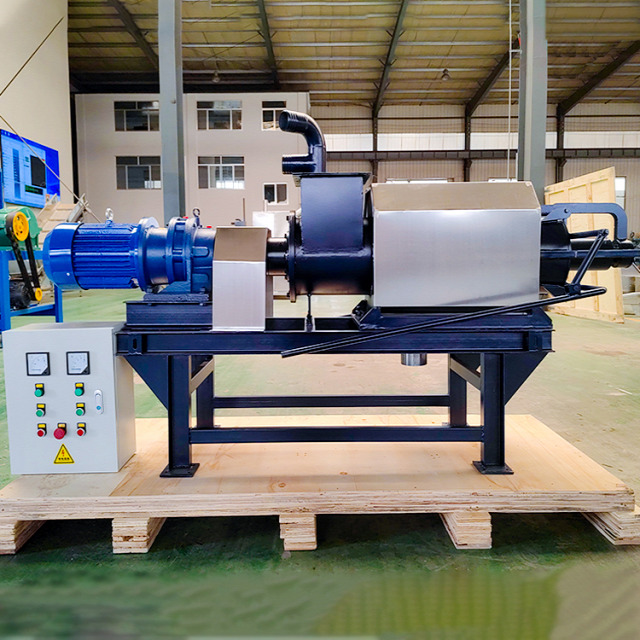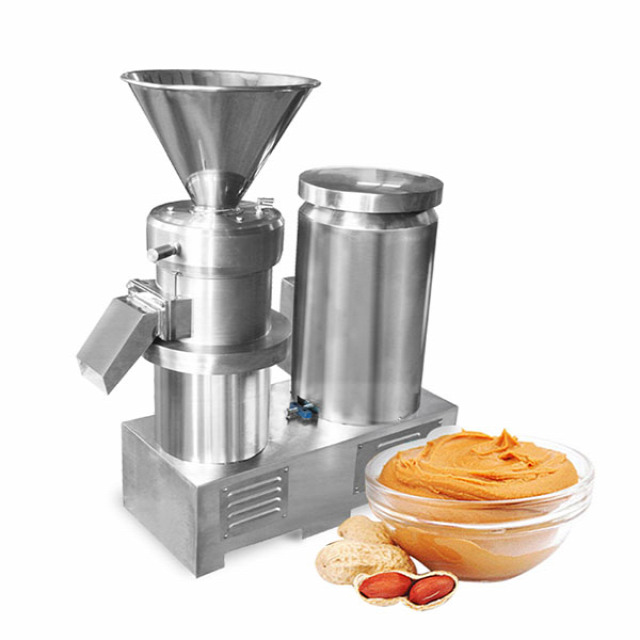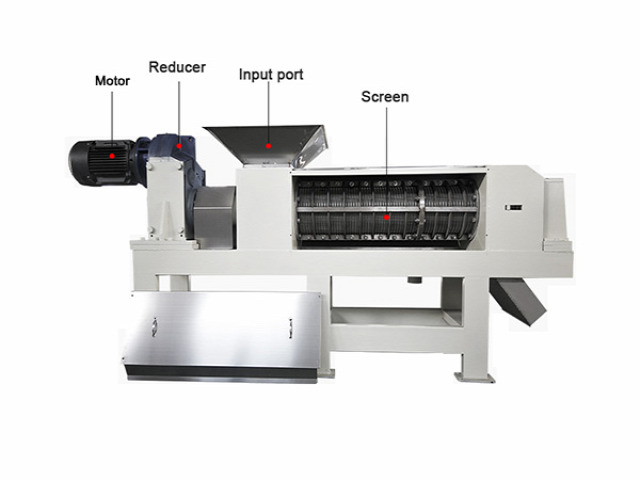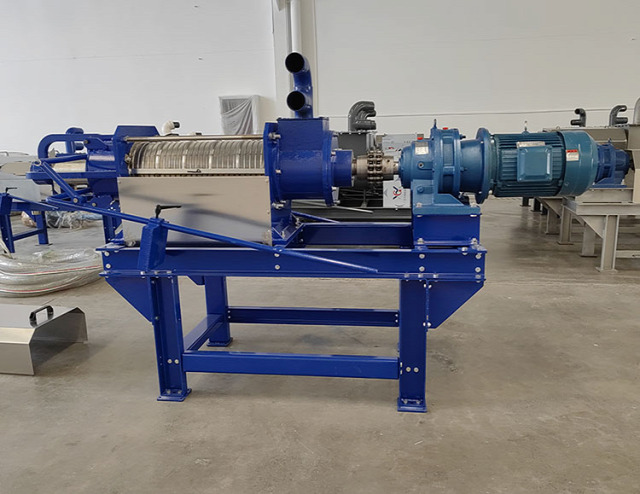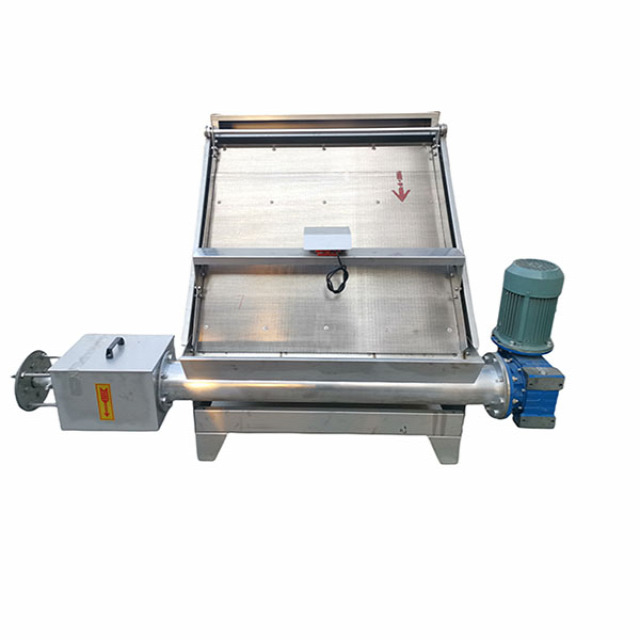When it comes to processing fruits for various purposes, two machines often come into play: industrial juicer machines and fruit pulping machines. While both serve the common goal of extracting juice from fruits, they operate on different principles and cater to distinct requirements. Understanding the differences between these machines can help businesses make informed decisions about which one best suits their needs.
Industrial Juicer Machines: Extracting Liquid
Industrial juicer machines are the workhorses of the fruit processing industry, renowned for their efficiency and reliability in extracting juice from a wide range of fruits. These machines are equipped with robust motors and precision-engineered mechanisms designed to handle the rigorous demands of high-volume juice production.
The process of juice extraction begins with feeding whole or pre-cut fruits into the machine's hopper, where they undergo crushing and pressing. The fruits are subjected to intense pressure, effectively squeezing out their liquid content. This juice is then separated from the pulp through a series of filters or screens, resulting in a clear and smooth liquid ready for consumption or further processing.
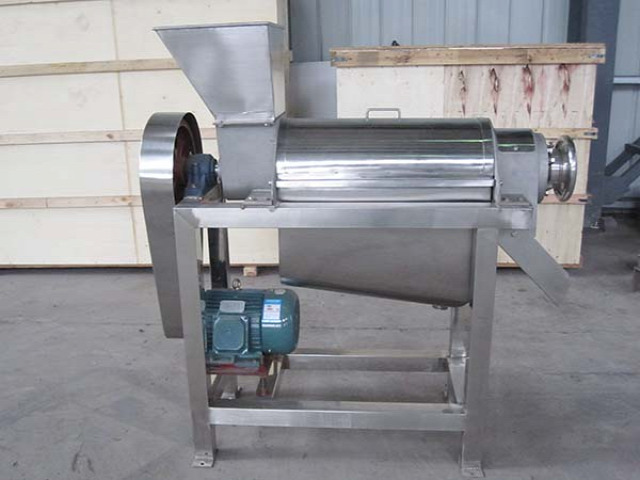
One of the defining features of industrial juice making machine is their versatility. From soft and pulpy fruits like oranges and grapes to firm and fibrous ones like apples and pineapples, these machines can efficiently extract juice from a wide variety of produce. This flexibility is invaluable for juice manufacturers who need to cater to diverse consumer preferences and market demands.
Moreover, industrial juicer machines are equipped with advanced features such as variable speed controls and automatic pulp ejection systems, allowing for precise control over the juice extraction process and minimizing downtime for maintenance and cleaning.
Fruit Pulping Machines: Transforming Fruits into Puree
On the other hand, fruit pulping machines are specifically designed to process fruits into a smooth and homogeneous puree or pulp. These machines are commonly used in industries that produce fruit-based products such as jams, sauces, baby foods, and fruit concentrates.
Unlike juicer machines, which focus on extracting liquid from fruits, fruit pulping machines work by breaking down the entire fruit, including the skin, seeds, and flesh, into a uniform pulp. This process is achieved through mechanisms such as rotating blades or crushers that macerate the fruits into a fine consistency.
Fruit pulping machines are particularly effective for processing fruits with high fiber content or those with seeds that need to be removed. By pulverizing the entire fruit, these machines ensure maximum yield and minimal waste, making them ideal for efficient fruit processing operations.
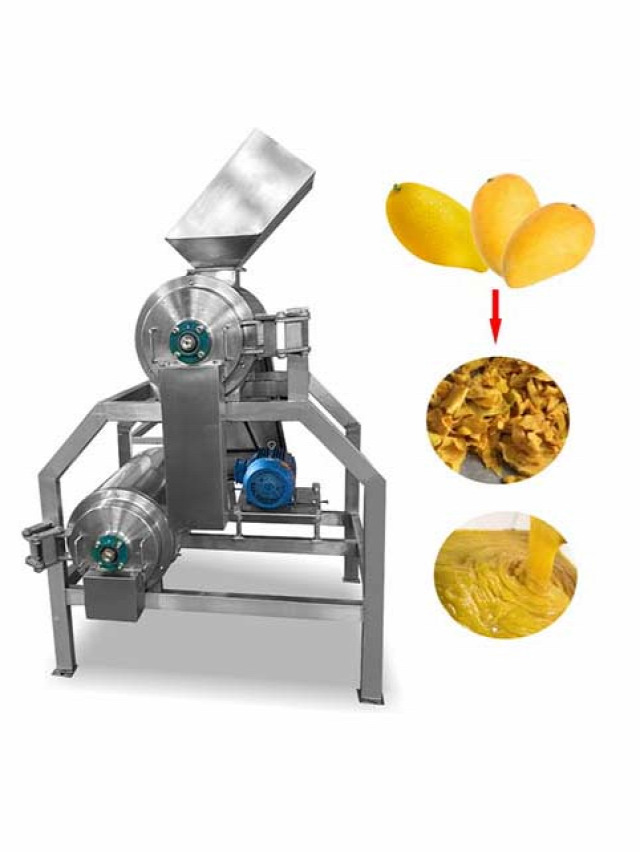
Key Differences and Considerations
While both industrial juicer machines and fruit pulping machines serve the purpose of fruit processing, they differ in several aspects, including:
1. End Product: Industrial juicer machines produce clear fruit juice, while fruit pulping machines produce a smooth puree or pulp.
2. Application: Juicer machines are suitable for producing bottled juices, while pulping machines are used for making jams, sauces, and other fruit-based products.
3. Processing Method: Juicer machines extract juice by crushing and squeezing fruits, while pulping machines macerate fruits into a fine pulp.
4. Versatility: Juicer machines can handle a wide variety of fruits, while pulping machines are best suited for fruits that need to be processed into puree or pulp.
When deciding between an industrial juicer machine and a fruit pulping machine, businesses should consider their specific processing requirements, end products, and production volumes. Tianzhong Machinery offers a range of both juicer and pulping machines to meet the diverse needs of fruit processing industries. Whether you're in the business of producing refreshing fruit juices or delectable fruit purees, Tianzhong Machinery has the right equipment to optimize your production process and deliver quality results.


